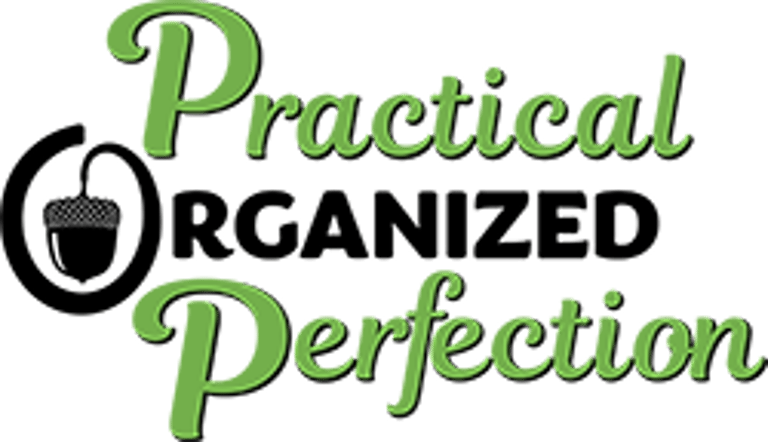Sustainability
The US Environmental Protection Agency defines sustainability as:
"a simple principle: Everything that we need for our survival and well-being depends, either directly or indirectly, on our natural environment. To pursue sustainability is to create and maintain the conditions under which humans and nature can exist in productive harmony to support present and future generations."
Can we really make a difference? People often say that sustainability is impossible and the solutions too complex to have a positive impact on our world. However, we choose to remain hopeful, never defeatist. We must see the goodness in humanity and work to be the change we wish to see in our world.
We can improve the negative impact on ecological, societal, and economic issues we face if we each focus on living our lives in compassion for all humans, all animals, our health, our planet, and our humanity.
We may not be able to change everything, yet our individual and collective actions can yield incredible results. We can each do something, anything, and make a difference. We impact one another with every action and interaction. We believe in action through compassion. In this case, sustainable practices through compassion.
We want to help you live a more sustainable life and in turn, you share what you have learned and implemented with others in your life. Our small business focuses on actionable steps we employ that can be utilized by each client through our consultations and services (product and lifestyle recommendations).
Below are a few of many opportunities we share with our clients for sustainable living:
Donated Items - We will take items that can be donated (or schedule a pick-up) and provide the client with an itemized list and receipt for tax records, keeping items from being discarded in the trash and giving them a new life elsewhere.
Recycling - We encourage recycling instead of items being discarded in the trash.
Composting – Composting is an excellent way to recycle organic waste and create nutrient-rich soil for your garden. We discuss several methods of composting with our clients, from interior electric composting to exterior cold composting, aerobic composting, and vermicomposting.
Eco-conscious Materials - We recommend products like bamboo, water hyacinth, cotton, cork, recycled wood, and glass for containers, bins, baskets, and bags (i.e. toilet paper, grocery, produce, and shopping bags).
Stainless Steel Materials - We recommend the use of stainless steel over single-use plastic (e.g. water bottles, thermoses, and straws).
Recycled Materials - If using plastic and/or acrylic, we encourage products made from recycled materials. If not using recycled materials, we recommend items that will be retained and maintained long-term (eliminate single-use plastics).
Cruelty-Free and Vegan Products / Living Plant-Based and Vegan - If a client asks to learn more, we welcome sharing the sustainability benefits of cruelty-free and vegan products and living plant-based and vegan.
Below are a couple of examples we share with our clients to eliminate and avoid:
Single-Use Plastics - Eliminate single-use plastic wherever possible (e.g. grocery, produce, and shopping bags); keep eco-conscious bags in your vehicle to be available when needed.
Forever Chemicals - Avoid, wherever possible, purchasing products with forever chemicals (e.g. plastic water bottles, toilet paper, many non-stick cookware and household cleaners, unfiltered drinking water).
According to the US Environmental Protection Agency.
"Our Current Understanding of the Human Health and Environmental Risks of PFAS: PFAS are a group of manufactured chemicals that have been used in industry and consumer products since the 1940s because of their useful properties. There are thousands of different PFAS, some of which have been more widely used and studied than others.
Perfluorooctanoic Acid (PFOA) and Perfluorooctane Sulfonate (PFOS), for example, are two of the most widely used and studied chemicals in the PFAS group. PFOA and PFOS have been replaced in the United States with other PFAS in recent years. One common characteristic of concern of PFAS is that many break down very slowly and can build up in people, animals, and the environment over time."
Reduce, Reuse, Recycle symbol image courtesy of cliparts.co.


